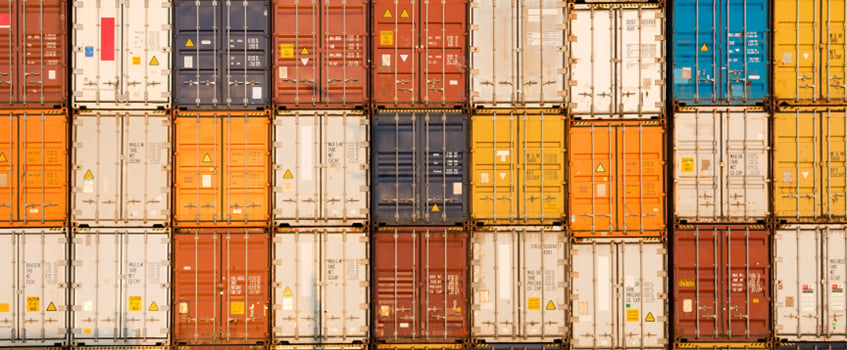
This week our guest blogger is from Expeditors Cargo Insurance Brokers (ECIB). ECIB provides supply chain risk management solutions tailored to the specific needs of its clients, leveraging its background in logistics and hands-on approach to claim subrogation to provide access to lower rates and broader insurance coverage. ECIB is a wholly owned subsidiary of Expeditors International of Washington, Inc. It is headquartered in Seattle, Washington, with employees located throughout the U.S., Mexico, Europe, Australia, and the Middle East.
Every international shipment involves multiple steps, costs, changes in ownership, and risks for both importers and exporters. Navigating these variables is a critical part of supply chain management. If it is uncertain which party is contracting transportation or providing insurance, for instance, a shipment could be delayed, damaged, or lost without a clear indication of responsibility.
Thankfully, there are standard terms that clarify the roles and responsibilities, called Incoterms®, which are maintained by the International Chamber of Commerce (ICC) and adopted across the globe. The buyer and the seller agree to the Incoterm of a shipment in advance, which helps determine the three general objectives outlined below.
- Carriage
Deciding how a shipment will get from point A to point B can seem like a fairly basic task. However, an international shipment can have several legs to its journey, and the Incoterm will determine exactly how far the seller will get the shipment before the buyer assumes responsibility. Any transport after that will be the responsibility of the buyer.
- Cost
International transportation costs can vary significantly depending on lane and mode. The Incoterm on a shipment will not only determine who arranges the transportation but also who is responsible for payment and how it is reflected in the overall transaction. Transportation fees are included in the invoice value of the goods, and can often be deducted for duty and tax benefits.
- Risk
With many legs to a journey come many points of risk. If a shipment is lost or damaged along the route, it is critical to understand which party bears the risk. The agreed-upon Incoterm will do just that, making the process to a resolution much more streamlined.
Below are a few common Incoterms®:
- EX Works (EXW) – This Incoterm places the most responsibility on the buyer. The seller makes the goods available at a named place, typically their warehouse or factory. All transportation arrangements, costs, and risks fall on the buyer.
- Free On Board (FOB) – The seller is responsible for clearing the goods for export and loading them onto the vessel at the foreign port. The buyer is responsible for the cost of the ocean transit, risks, and remaining delivery from that point on.
- Delivered Duty Paid (DDP) – This Incoterm places the most responsibility on the seller, who is responsible for all transportation, costs, and risk to a named place, typically the buyer’s warehouse. The shipments arrive to the buyer Customs cleared and duty paid.
For a complete list of Incoterms®, download our Incoterms® 2020 chart.
The Incoterms® agreed-upon between a seller and a buyer will determine who pays and who is responsible for each phase in the transportation of goods from origin to destination. Both parties must understand and agree on the Incoterms® that apply to every order or shipment. The parties should clearly document the Incoterms® in transaction documents, such as a contract, sales order, purchase order, or commercial invoice. This will make shipments move smoothly and cost-effectively, and will help avoid disputes and disagreements should anything go wrong. For more information about Incoterms®, contact a supply chain risk professional at ECIB today!




